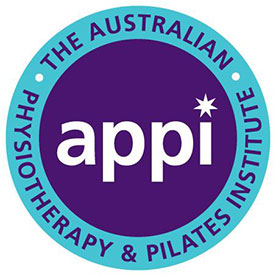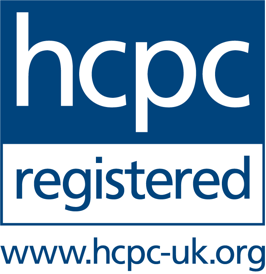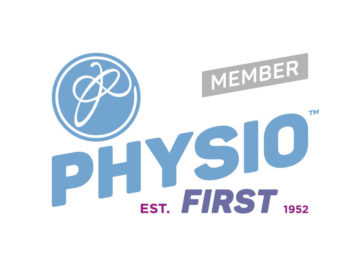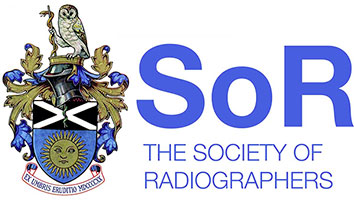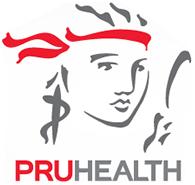.jpg)
Heel Pain -Plantar Fasciitis
What is Plantar Fasciitis?
Plantar Fasciitisis the one of the most common causes of heel pain. It involves the inflammation of the plantar fascia which is a thick band of tissue that stretches from the heel along the arch of the foot. It tends to come on slowly and usually affects just one foot, however it can occur simultaneously in both feet.
What are the symptoms?
Plantar Fasciitis causes a stabbing pain in the heel of your foot that generally occurs with your first steps after rising in the morning. It normally settles down shortly after but can return if you are seated for prolonged periods of the day.
What causes it?
Repeated micro tears to the fascia have been identified as being the cause of plantar fasciitis, although inflammation is thought to have a key role.
You are more likely to be at risk injuring your plantar fascia if you:
-
are overweight as this will result in extra strain over your heel
-
have a tight Achilles tendon (the large tendon at the bottom of your calf muscles above your heel). This can restrict the flexion in your ankle and put you at higher risk of damaging your plantar fascia.
-
have flat feet (pronate) or a high arch
-
wear shoes with weak arch supports and thin soles
-
Are in an occupation that requires a lot of walking or standing on hard surfaces for long periods
-
Suddenly start exercising or increase the intensity of your exercise too quickly
-
Have legs of uneven lengths
How is it Diagnosed?
Plantar fasciitis can be diagnosed by a podiatrist or physiotherapist after an assessment of a person's presenting history, clinical examination, risk factors.
What Treatments are available?
There are many treatments that can be used to relieve symptoms of plantar fasciitis, these may include:
-
Acupuncture and dry needling to help reduce inflammation, pain and tissue tension
-
An ice pack to the painful area of the foot for 15-20 minutes to help decrease pain and inflammation
-
Resting your foot and avoid excessive walking, running or standing
-
The use of custom orthotics devices which help reduce pronation of the foot and so reduce the excessive load on the plantar fascia
-
Avoid walking barefoot on hard surfaces
-
Regularly stretching the plantar fascia and Achilles tendon, especially before exercise
-
Strengthening the arch, foot and calf muscles to prevent poor biomechanics.
-
Anti-inflammatory medicines such as ibuprofen or painkillers such as paracetamol
-
A night splint, this facilitates the stretching of the calf muscles and plantar fascia while sleeping
-
Corticosteroid injection in more severe cases where conservative treatment has failed
It is very rare that an MRI scan or X Ray is required. However, if your Physiotherapist or you feel that further investigation is necessary we can arrange private scans quickly. Referrals can be arranged in 2-5 days at The Newcastle Clinic and at North Tyneside MRI Centre.
Do you want to be pain free, fitter, stronger and perform to your maximum?
We NEVER give up on understanding and SOLVING your problem.



